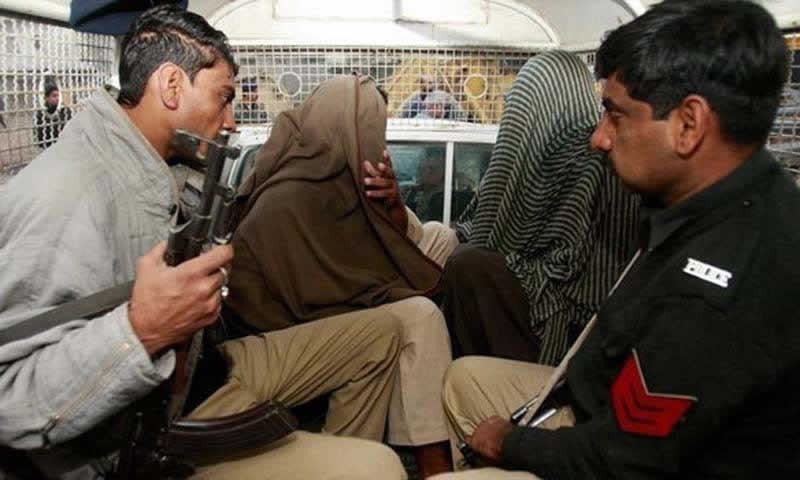
President Asif Ali Zardari has travelled in recent days from his visit to Malala Yousafzai in Birmingham to Paris and now Ankara.
In Paris, having spoken at the ceremony to launch the Malala Plan for universal education of girls all over the world and announced Pakistan’s donation of $ 10 million to the Fund created for this purpose, he has sat down with French President Francoise Hollande to discuss the whole gamut of Franco-Pakistan relations. While Monsieur Hollande has been as forthcoming regarding the Malala Plan as our president, he hss also, given the dire energy crisis that Pakistan is passing through, offered France’s help in the energy field.
Alongside this area, Paris is promising to further increase cooperation in the fields of education, health, and the economy. The two heads of state also discussed the struggle against the extremist mindset, drug trafficking, Afghanistan post-withdrawal, and Pakistan’s role in the region. France is hosting a rare face-to-face gathering of Afghanistan’s major players, i.e. countries and groups across the divide. The synergy visible in this interaction at the top level has not always attended relations between the two countries. There is a chequered past in which, sequence-wise, the nuclear issue and the scandal surrounding the Agosta submarines programme take pride of place.
However, those negatives from the past were nowhere in sight, the French president even being willing to discuss the nuclear issue despite its sensitivity and the track record of Paris backing out of its commitment decades ago to provide a nuclear reprocessing plant.From Paris, President Zardari flew to Ankara for a tripartite meeting with Turkish President Abdullah Gul and Afghan President Hamid Karzai.
The host president is expected to mediate the latest fracas between Pakistan and Afghanistan centring on President Karzai’s public accusation that the recent assassination attempt on the Afghan National Directorate of Security chief Asadullah Khalid was planned in Pakistan. Things are never easy between Islamabad and Kabul, despite ostensibly being allies in the war on terror. Afghan sensitivity to Pakistani interference in Afghan internal affairs is of long standing and rooted in Islamabad’s role in the Afghan wars dating back four decades. Nevertheless, the Turkish mediation has a good chance of succeeding since Ankara enjoys the confidence of both Pakistan and Afghanistan.
An intriguing controversy has arisen even as the president is on the wing. A visit to Tehran to sign the agreement regarding the Iran-Pakistan (IP) gas pipeline was widely expected. Its postponement has given rise to a rash of speculations whether this was deliberate or merely a scheduling issue. The Pakistani authorities are trying to put across the latter explanation, but this has failed to quell the misgivings being voiced that the postponement (if not cancellation) of the visit has to do with US opposition to, and pressure to abandon, the IP project.
The $ 7.5 billion project has run into repeated difficulties over US opposition because of Iran’s nuclear programme and Pakistan’s difficulty in finding funding for it. The 2010 agreement between Pakistan and Iran laid down that Iran would supply 750 million cubic feet per day of natural gas through the IP pipeline. Naturally, this source is critical for Pakistan’s energy (and gas) starved economy that has brought large parts of industry and trade to their knees. In March this year, a Chinese bank pulled out of funding the project out of fears about sanctions likely to be imposed on any entity dealing with Iran.
Tehran has now offered Pakistan a loan of at least $ 250 million, which Islamabad would like extended to $ 500 million as a contribution to Pakistan’s share of $ 1.6 billion for the project. The situation remains cloudy, and will perhaps only be cleared if President Zardari’s visit and signing of the agreement on the IP project actually transpires. There is no gainsaying the argument that Pakistan desperately needs new sources of energy, but it remains to be seen how far Islamabad is prepared to go in defiance of Washington’s pressure and in its own national interest. – Dailytimes












